Watch out for labels with buzzwords like “all-natural,” “gluten-free,” and others, as these foods may not be as healthy as you think. Some can still be bad for you. Here are 10 popular foods that are surprisingly low in nutrients.
10. Multi-Grain Bread
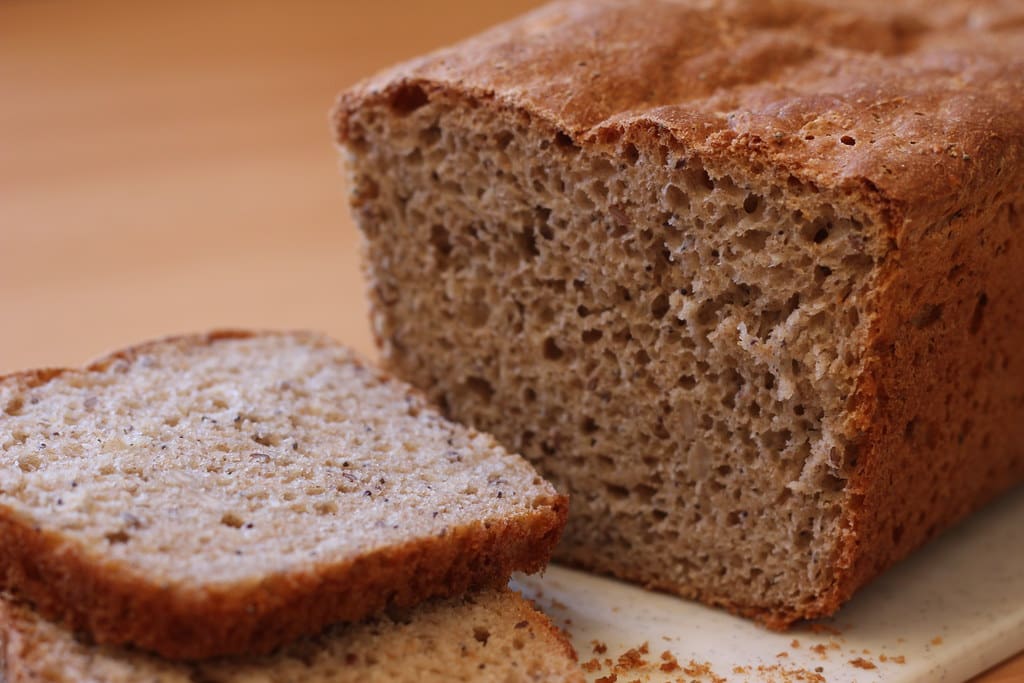
Many breads are marketed as “multigrain” or “7-grain.” Such labels imply that the bread is more nutrient-dense than others. But read the ingredients. Many will list unbleached enriched wheat flour as the first ingredient. This means they may contain whole grains but are in low supply. Look for breads that list whole grains, like wheat, as the first ingredient.
9. Yogurt
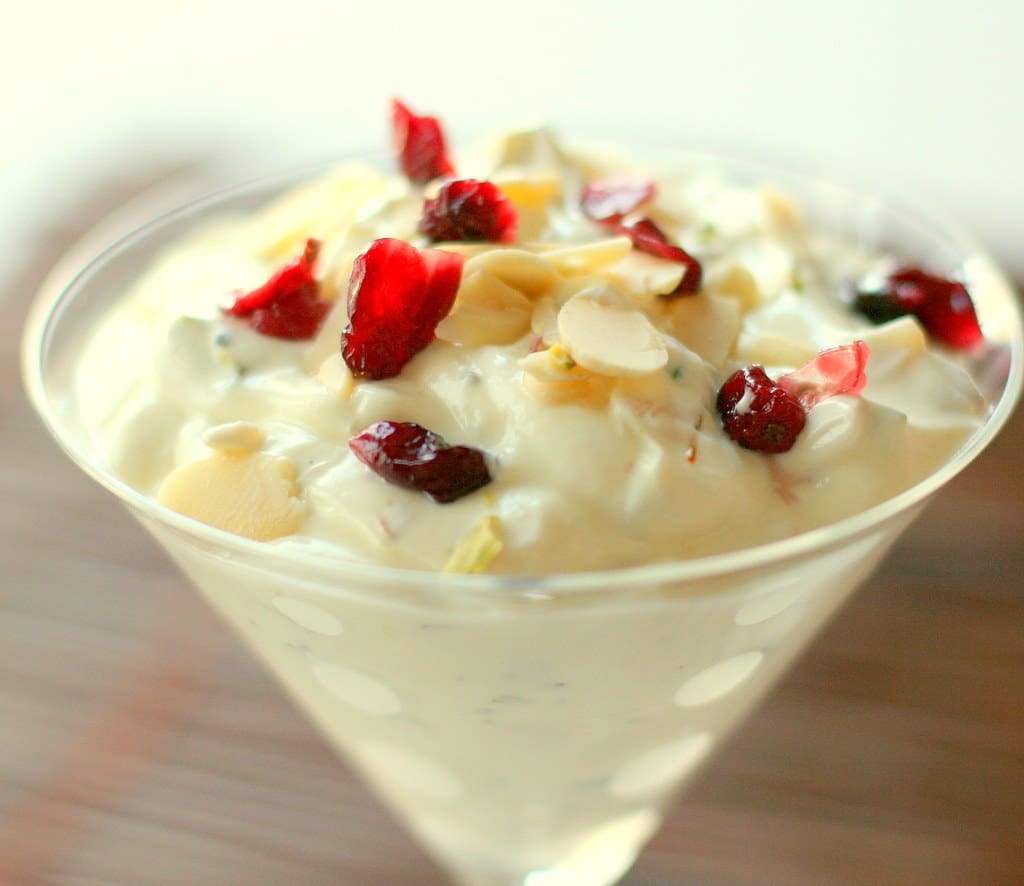
Yogurt is naturally high in probiotics, particularly Greek yogurt. Probiotics are the “good bacteria” that help protect your gut flora. Not all yogurt is good for you. Many are loaded with sugars. Frozen yogurt isn’t that much different than ice cream. Flavored yogurts aimed at kids are particularly filled with extra sugar. Your best bet is plain, low-fat Greek yogurt.
8. Granola
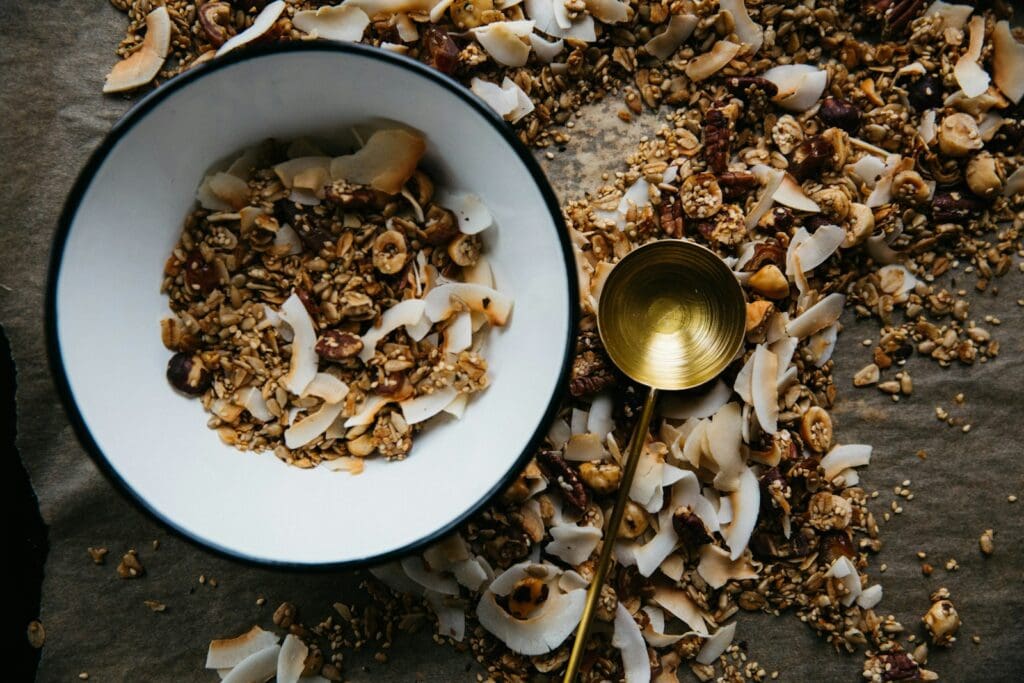
Granola is often offered in gluten-free varieties. Sure, they contain healthy ingredients like rolled oats, dried fruits, nuts, and seeds. But unfortunately, most granola products are loaded with sugar, unhealthy oils, and fat. Your best bet is to seek out wholesome granola or make your own, which is easier than you think.
7. Reduced-Fat Peanut Butter
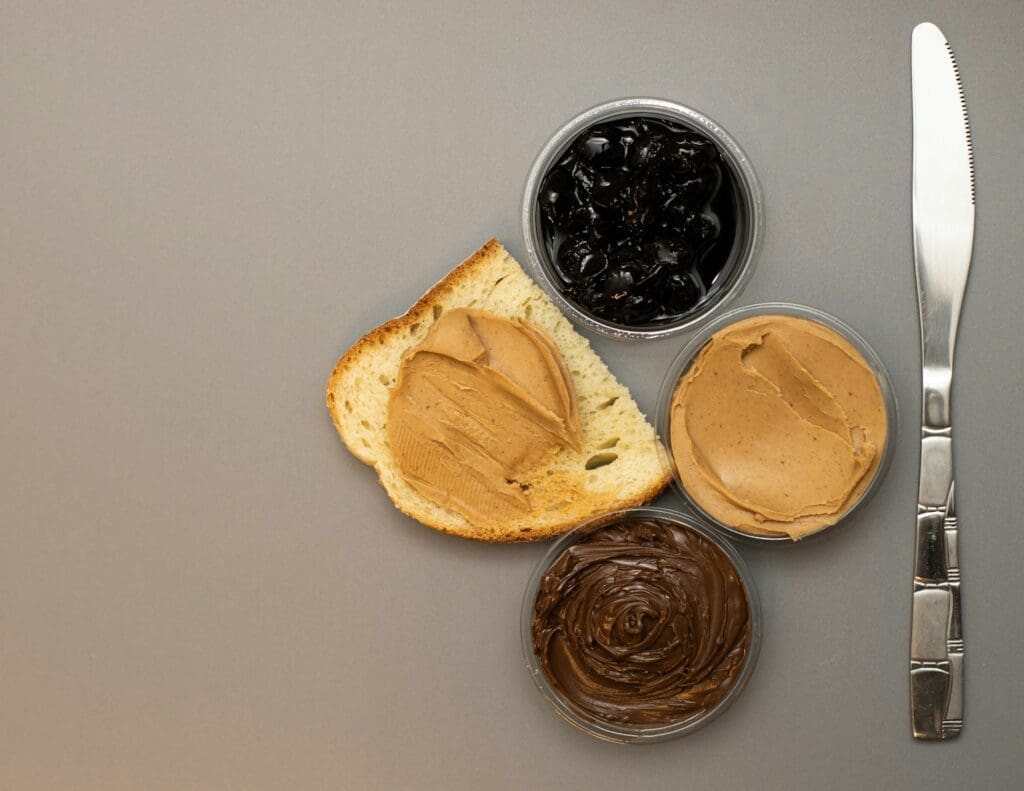
This is a marketing gimmick. Unfortunately, most manufacturers providing reduced-fat peanut butter have simply replaced the fat with unhealthy fillers and sugar to ensure it tastes good. Instead, seek out all-natural peanut butter. You can even find salt-free. The fat in all nut butter is a healthy type that is good for your heart in modest doses.
6. Plant-Based Milk
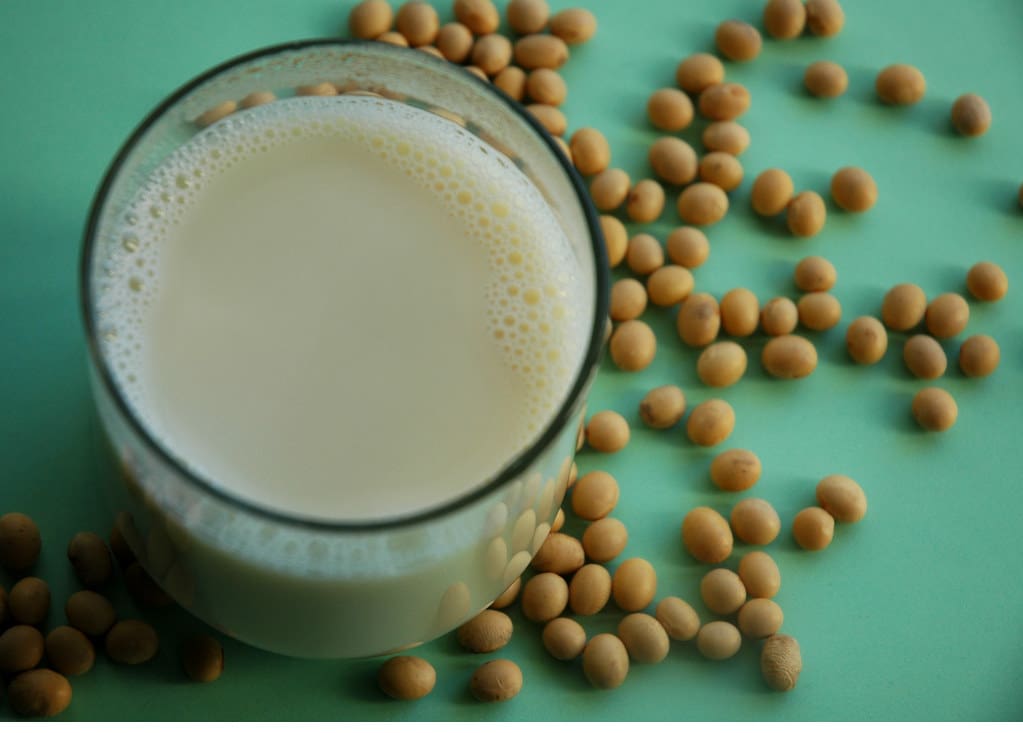
Some people choose soy, almond, coconut, or rice milk because they think plant-based milk is healthier than cow’s milk. But they don’t have the same nutrients. Most cow’s milk in the US is fortified with extra vitamins and calcium. Many plant-based milks are loaded with fat and sugar. Unless you have an allergy, cow’s milk is healthier.
5. Crunchy Veggie Snacks
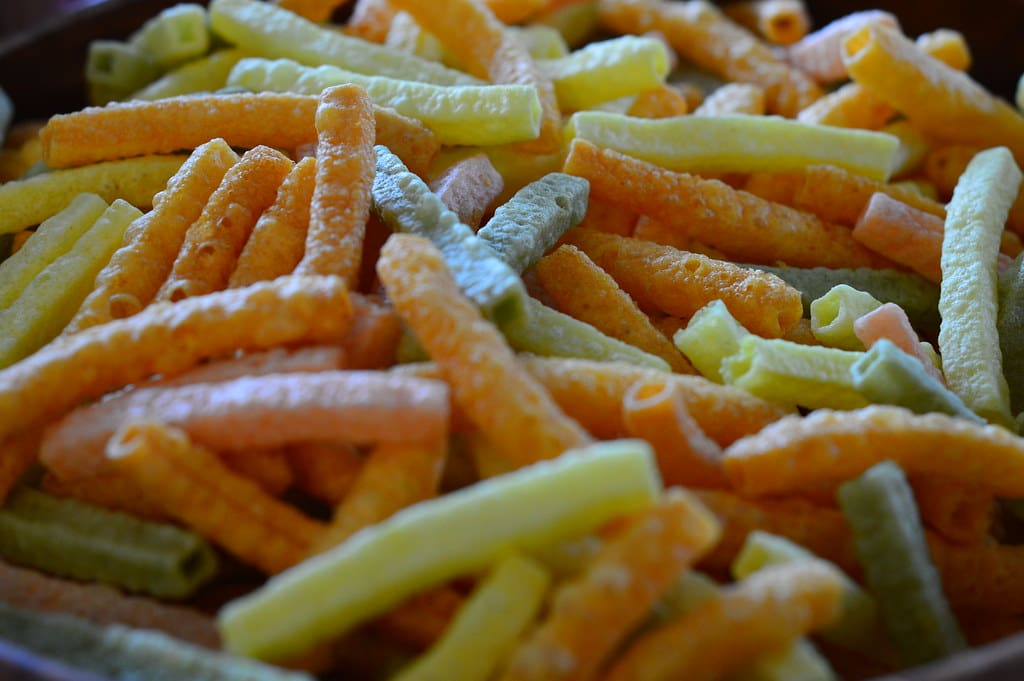
Some people choose so-called “healthier” crunchy snack alternatives such as kale chips, veggie straws, or sweet potato chips. But they don’t provide a whole lot of nutrition. Many are made with refined grains like enriched wheat flour or corn or soy flour. While there might be some veggies, it’s not the same as eating a real serving of vegetables.
4. Energy Bars
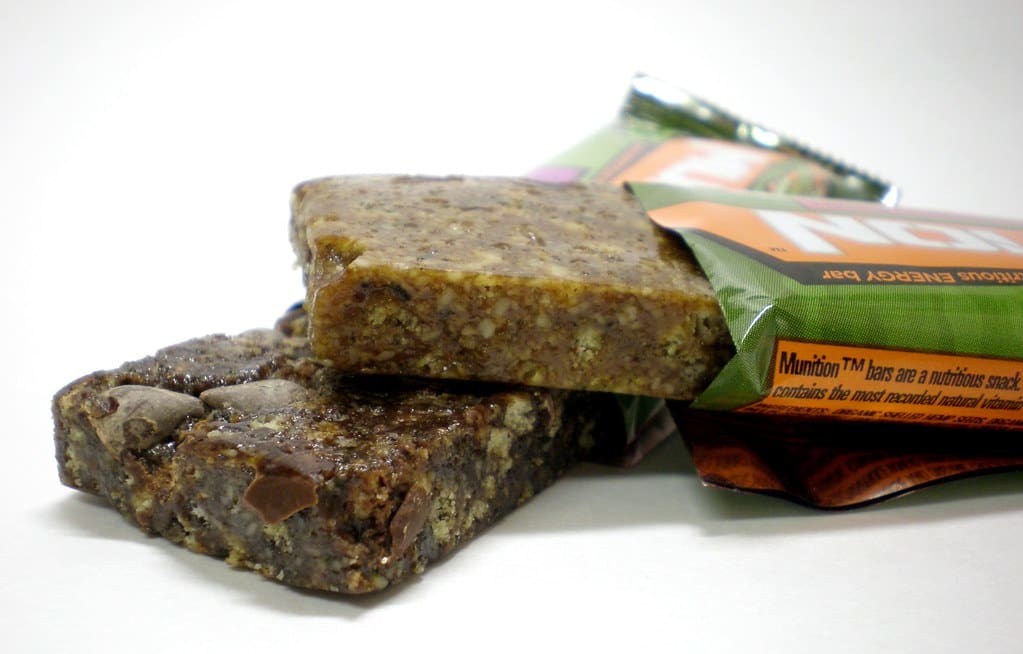
Don’t be fooled. Those energy bars, especially the ones with chocolate, aren’t much different from eating a candy bar. Many have nearly the same sugar, calorie, and fat content. While they may have protein and fiber, they still have some similar bad ingredients. Because energy equals calories, all energy bars are calorie-dense. Instead, search for bars with simple, recognizable ingredients.
3. Flatbread, Pita, or Tortillas
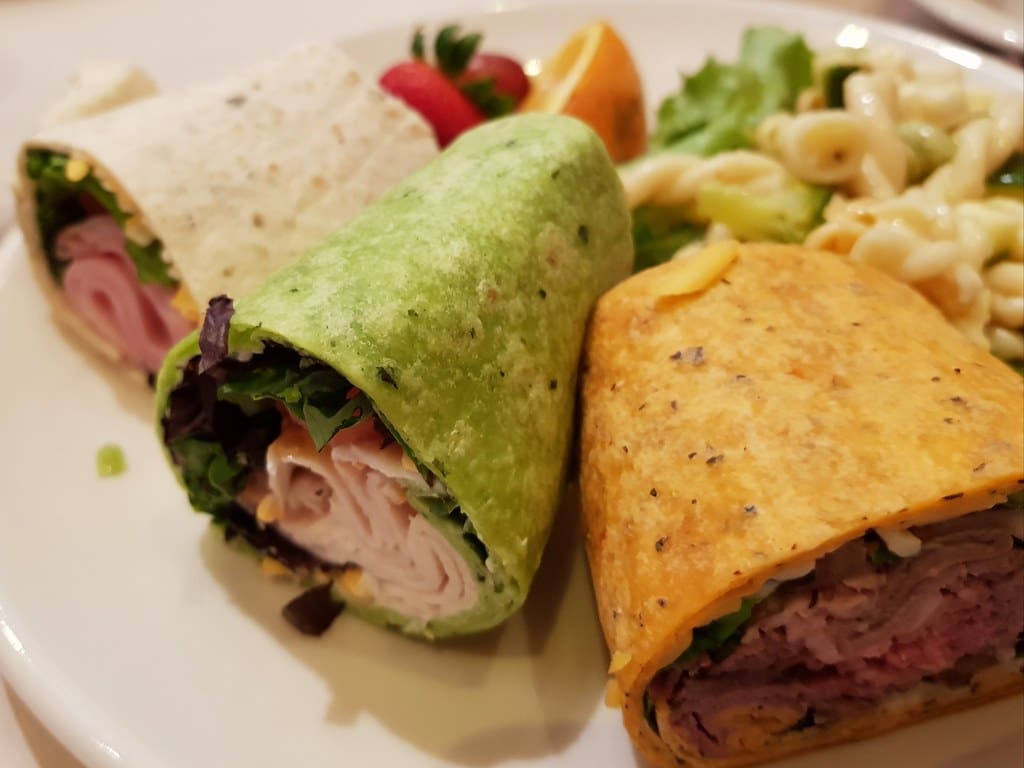
Choosing flatbread, pita, or tortillas to make a wrap rather than a traditional sandwich with bread isn’t saving you calories. There’s a good chance it’s adding more. They don’t have the yeast that makes bread rise and fill it with air, so they are more dense. Instead, try making a wrap with romaine lettuce.
Read More: 10 Mood-Boosting Breakfast Ideas
2. Dried Fruit
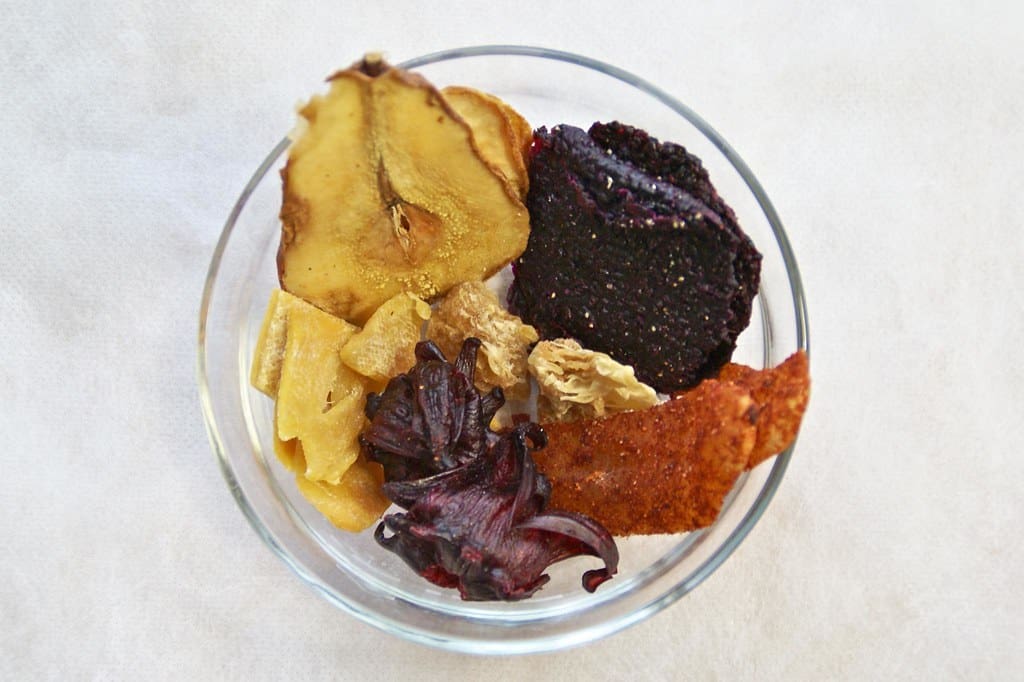
When fruit is dried, it lacks the water-soluble nutrients found in fresh, canned, or frozen fruit. Dried fruit is more calorie-dense. It’s easy to overeat dried fruit because it lacks the bulk and water content that makes you feel fuller. Instead, snack on whole fruits that are easy to take along.
Read More: The 15 Best Superfoods to Add to Your Diet
1. Sports Drinks

Truth be told, for the average American, sports drinks aren’t necessary. If you work out more than two hours each day or run marathons, then you may benefit from a sports drink to replace your lost electrolytes. For everyone else, it’s just adding more sugar to a diet already packed with calories. Instead, drink water and have a banana.
Read More: The Least Healthy “Health” Foods on the Market







